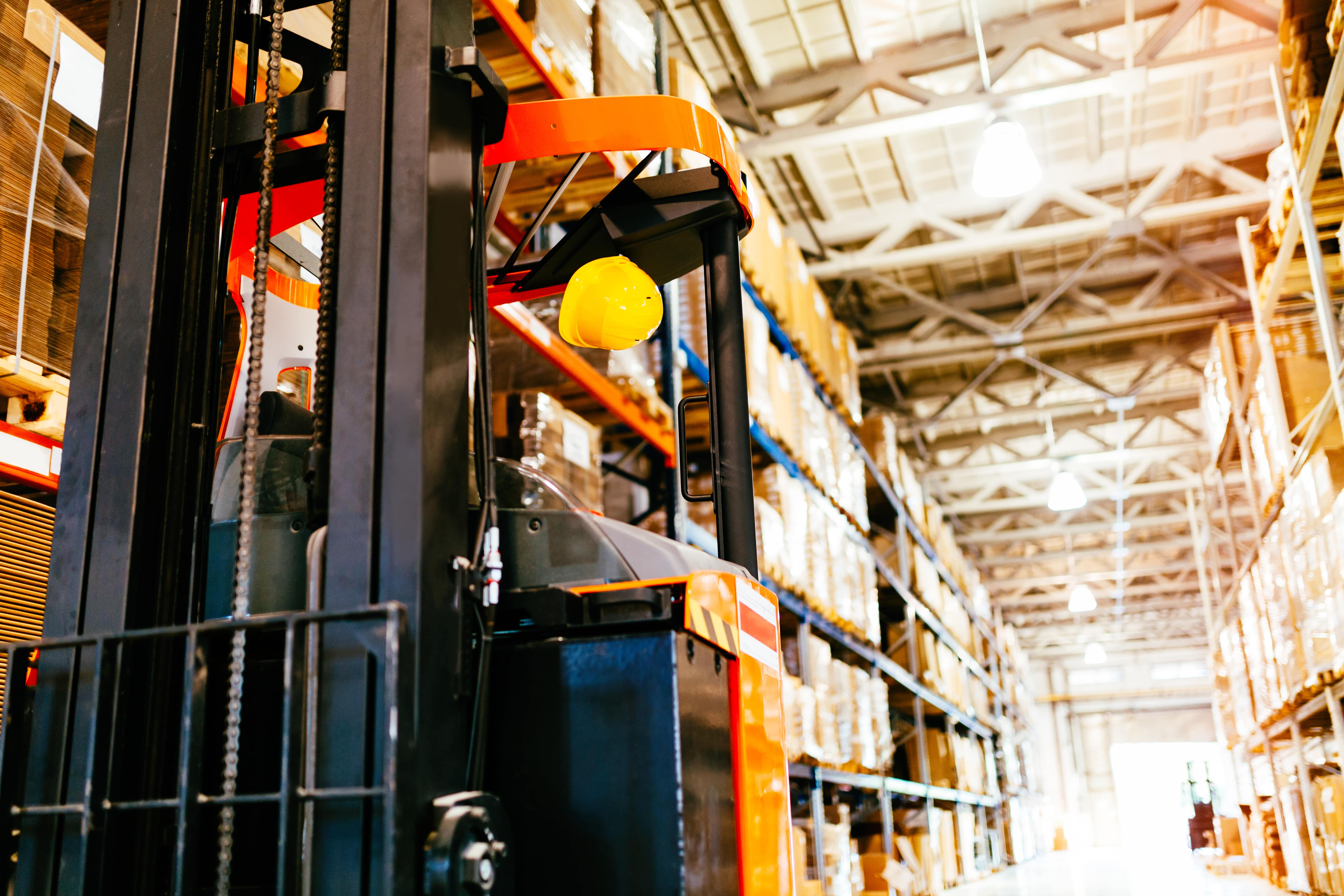The complexity of global supply chains has increased significantly over the years, leaving businesses more exposed to risks.

The complexity of global supply chains has increased significantly over the years, leaving businesses more exposed to risks. Fortunately, advancements in technology offer powerful solutions to mitigate these disruptions. Here are some of the most impactful technologies driving supply chain resilience today:
AI-driven technology is revolutionizing the way companies manage their supply chains. AI-Enabled Digital Twins allow businesses to simulate their supply chain operations, identifying potential weak points and ensuring real-time visibility into every stage of the process. This type of predictive modeling helps companies anticipate and prevent disruptions before they happen.
AI-powered systems can also provide continuous monitoring of supply chain operations, allowing for dynamic adjustments to be made in real-time, whether it's rerouting shipments, adjusting production schedules, or sourcing alternative suppliers. The result is a more resilient and adaptable supply chain that can respond swiftly to disruptions.
Automation is a critical tool for increasing resilience, particularly in tasks like inventory management, demand forecasting, and procurement. Automating routine tasks frees up human resources to focus on more strategic decision-making. It also reduces the risk of human error, ensuring that processes run smoothly even during disruptions.
Automation technologies can handle large amounts of data at once, enabling better resource allocation and quicker response times. For instance, during a disruption, automated systems can instantly adjust order quantities, optimize routes, or reallocate inventory based on real-time information.
Data is at the core of any resilient supply chain, and technology now allows businesses to harness vast amounts of data from across their operations. With data-driven insights, companies can gain a clearer understanding of their supply chain performance and identify areas where they can improve.
By using real-time insights, companies can optimize their operations, identifying opportunities for improvement and responding to issues faster than ever before. Access to accurate data allows for better decision-making in times of disruption, whether it’s finding alternative transportation routes or adjusting production volumes to meet demand shifts.
Blockchain offers a secure and transparent way to manage data across the supply chain. It ensures that all transactions are documented and verified, reducing the risk of fraud and enhancing overall security. In addition to providing visibility into the flow of goods, blockchain can help improve traceability and compliance, both of which are essential in managing disruptions.
In industries like healthcare and manufacturing, where visibility into the source and movement of products is critical, blockchain provides a level of transparency that enhances trust and collaboration across the supply chain.
The future of supply chain resilience lies in technology. By adopting tools like AI-Enabled Digital Twins, automation, and blockchain, companies can improve their visibility, response times, and overall agility in the face of disruption. These technologies not only mitigate the impact of supply chain disruptions but also enhance risk management and long-term planning, ensuring that businesses can remain agile in a rapidly changing global environment. Investing in the right technology is a key step toward building a more resilient, future-proof supply chain.
Test your own scenarios with TADA’s Clean TO! Build and see the impact in minutes.
Try TADA Clean TO! Build
Test your own scenarios with TADA’s RM Inventory Manager and see the impact in minutes.
Try RM Inventory Manager

Use TADA’s Tariff Manager to model costs, build agility, and protect margins.
Try the Tariff Manager
Test your own scenarios with TADA’s Tariff Manager and see the impact in minutes.
Try the Tariff Managerest your own scenarios with TADA’s RM Inventory! Manager and see the impact in minutes.
TRY RM Inventory! Manager
Seshadri Guha has 25+ years of experience across competitive strategy, digital transformation, organizational design, and technology architecture.He has led large-scale change initiatives for multinational enterpr ises while building and scaling high-growth ventures.Previously, he led the Advanced Computing Technologies Group at Automated Analysis Corporation and was a founding partner at CGN Global, serving Fortune 100 clients.He founded TADA in 2016 and holds an MS from Iowa State University and a BS from IIT Madras, with executive education from Kellogg and Krannert.Guha also serves in leadership roles with multiple nonprofit organizations and founded Passage to India.